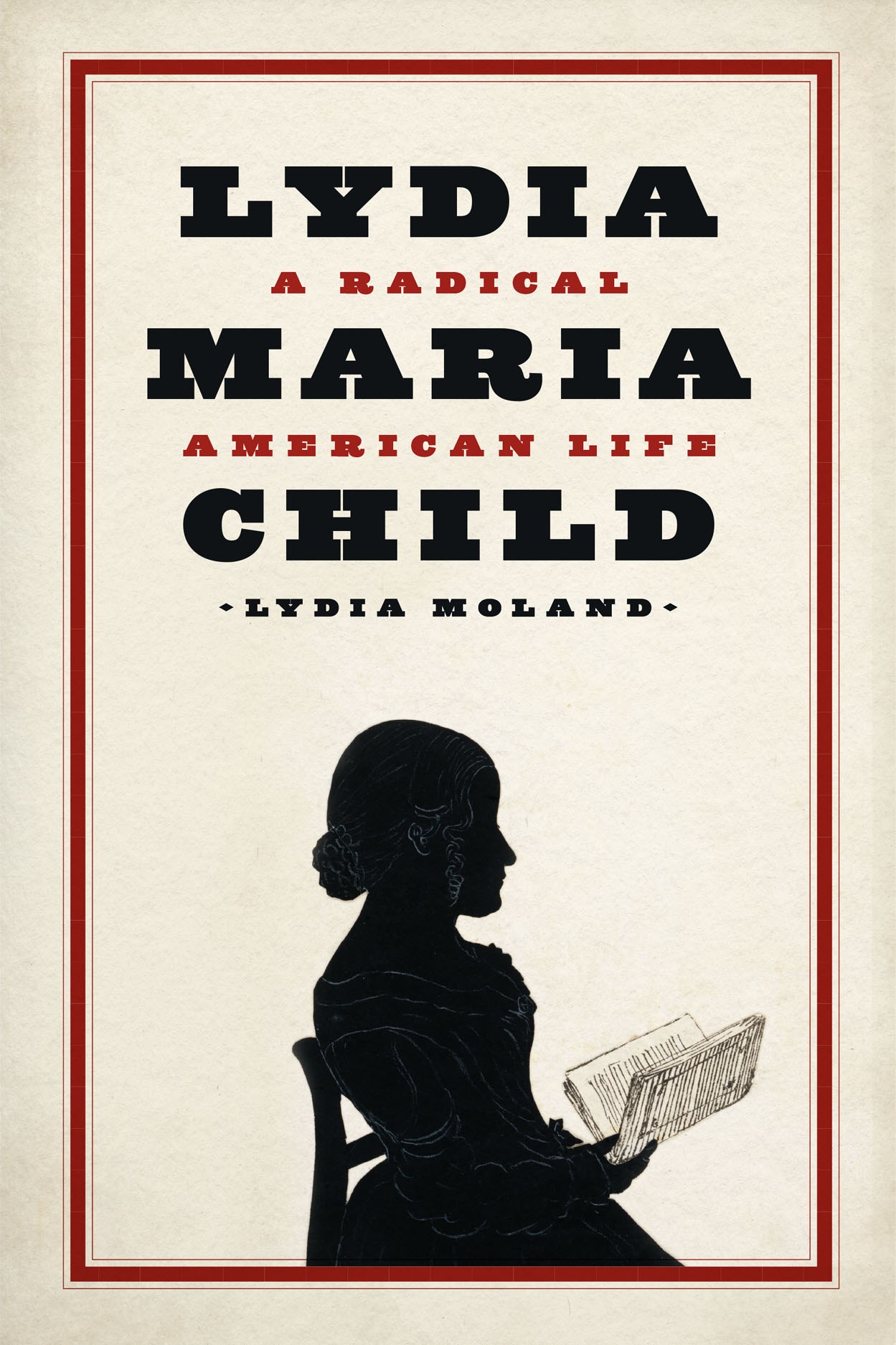Lydia Maria Child is another famous 19th-century woman you have probably never heard of, although you may know one of her poems by heart. In 1844, Child—who by that time was already famous as an abolitionist and women’s rights advocate—wrote the sentimental poem “The New-England Boy’s Song About Thanksgiving Day,” with its famous opening lines: “Over the river, and through the wood, / To Grandfather’s House we go….” It was an oddly cheery choice for a political rabble-rouser who would offer to join John Brown in prison for his final days when the time came. “I think Child was trying something different,” Moland speculates regarding the Thanksgiving poem: “hoping that since all truths were interconnected, she could help her readers towards antislavery sentiments by encouraging a wider embrace of humanity.”
Although she had no children herself, Child was one of the first American writers to address children directly. When she was still in her 20s, she made a name for herself with the first periodical for children, The Juvenile Miscellany. Working as a teacher, she quickly wrote the first of a series of popular historical novels about New England, Hobomok. Her lifetime of writing included not just novels but poetry, essays, and self-help books. Child’s The American Frugal Housewife: Dedicated to Those Who Are Not Ashamed of Economy was hugely popular, and she also wrote helpful guides for mothers and for girls. Her biographical subjects ranged from Madame de Staël to the Quaker elder Isaac Hopper. Her An Appeal in Favor of That Class of Americans Called Africans, published in 1833, was cited by people as varied as Massachusetts Senator Charles Sumner in the 19th century and Invisible Man author Ralph Ellison in the 20th. Yet Child has often been overlooked. Moland, who had never heard of Child until a chance encounter at Harvard’s Radcliffe Institute, seeks to restore this prolific, passionate writer and activist to her former revered status.
Child was born in 1802, one of six children in the family of a Medford, Mass., baker. From her earliest years, she was fearless and great-hearted and witty, and as she got older, she wrote as if she had nothing to lose. In fact, she often did have something to lose: Her antislavery work sometimes cost her readers, even if it attracted others, especially when she combined her sass with her furious commitments. In a heated correspondence on the subject of maternal care with John Brown, Virginia Governor Henry Wise, and Margaretta Mason, a Virginia senator’s wife—which became a pamphlet that immediately sold 300,000 copies—Child responded to Mason: “Here at the North…after we have helped the mothers, we do not sell the babies.”
